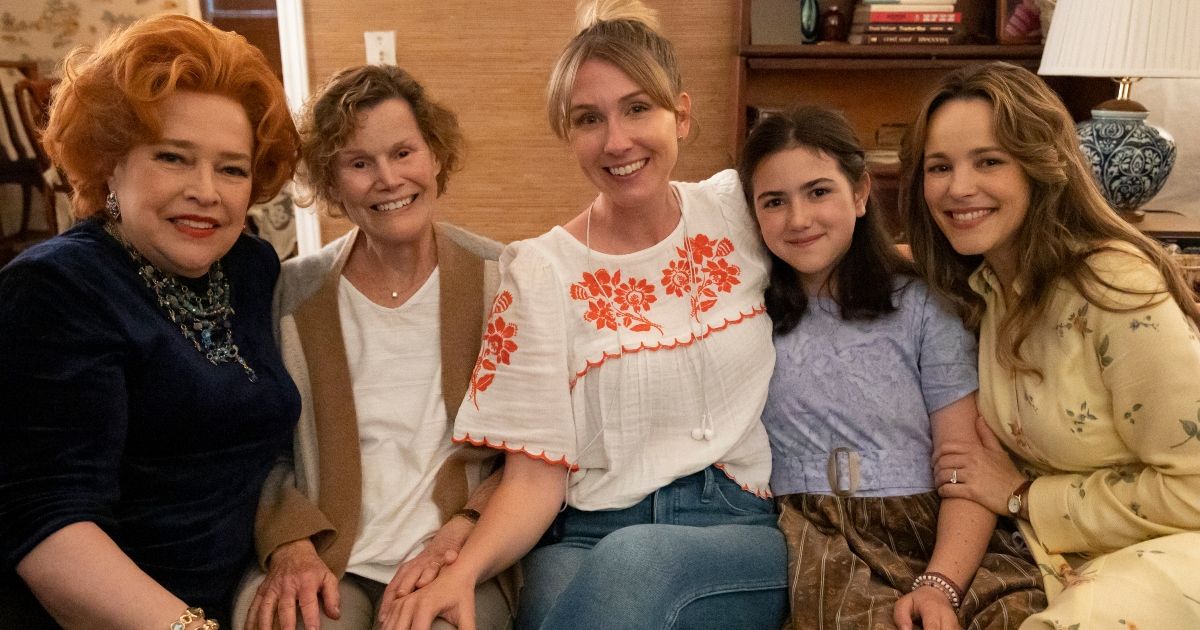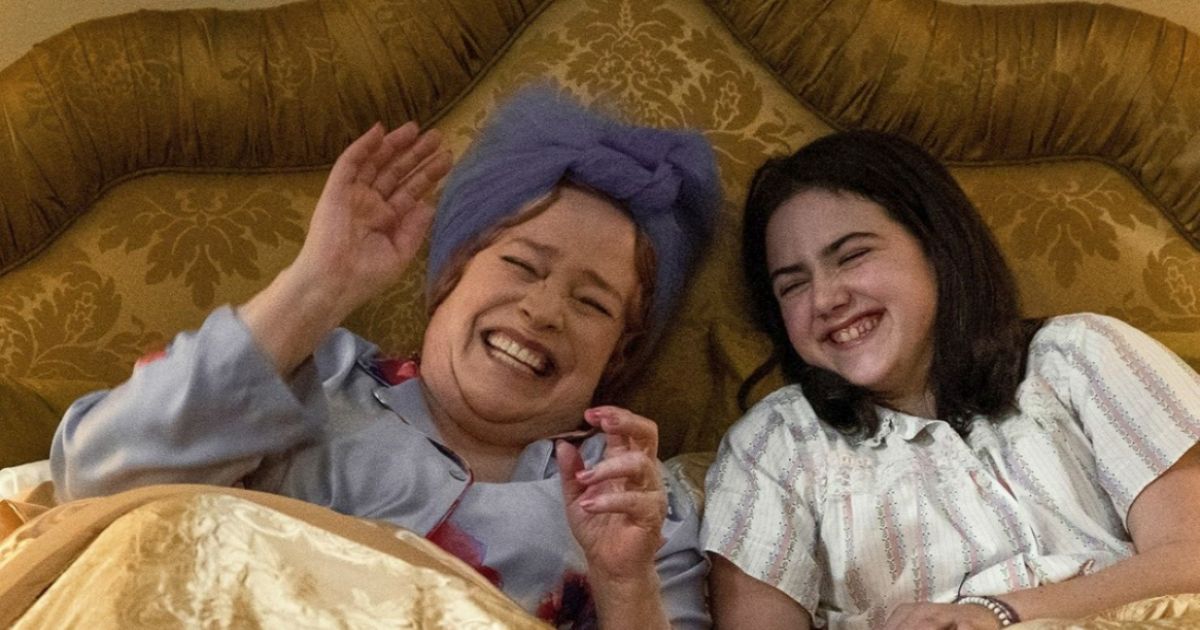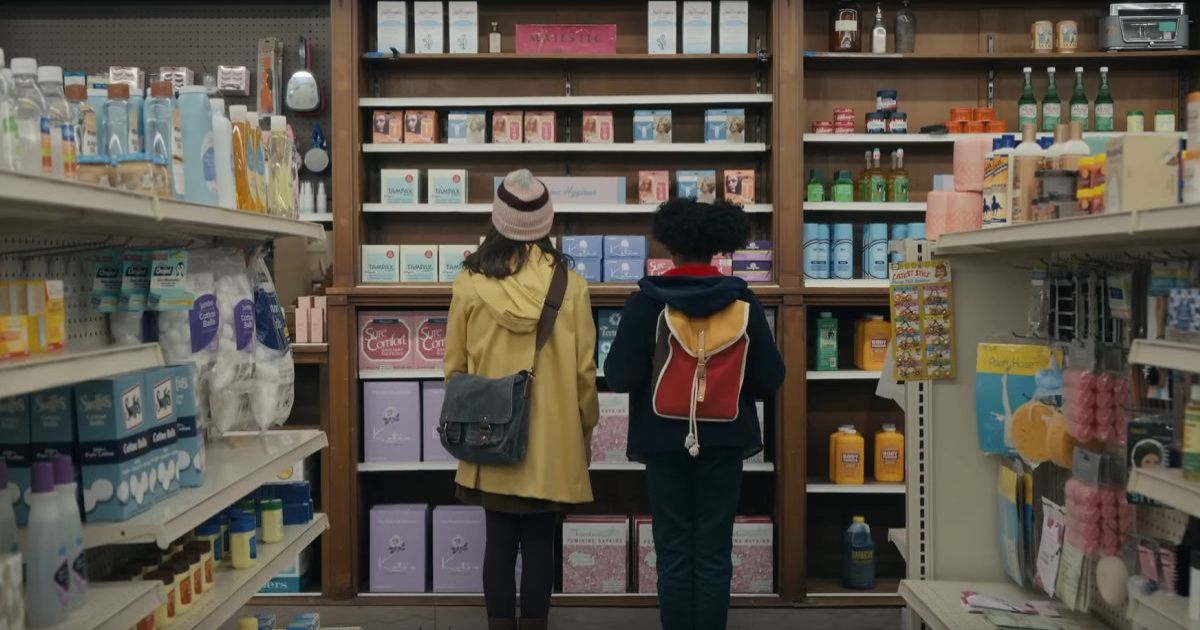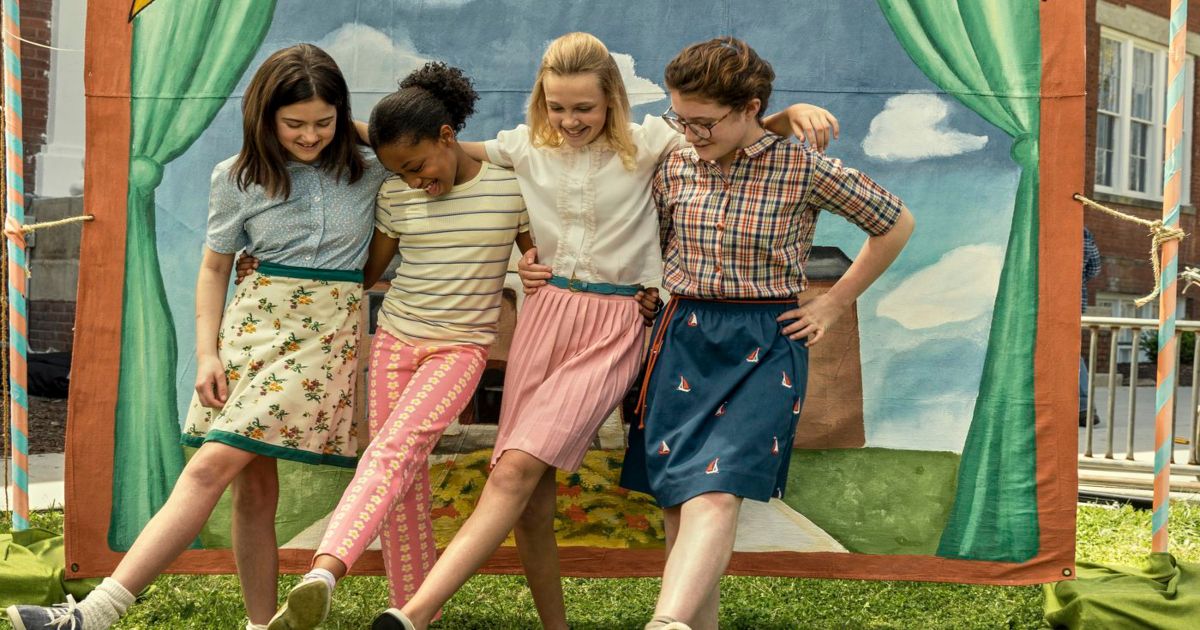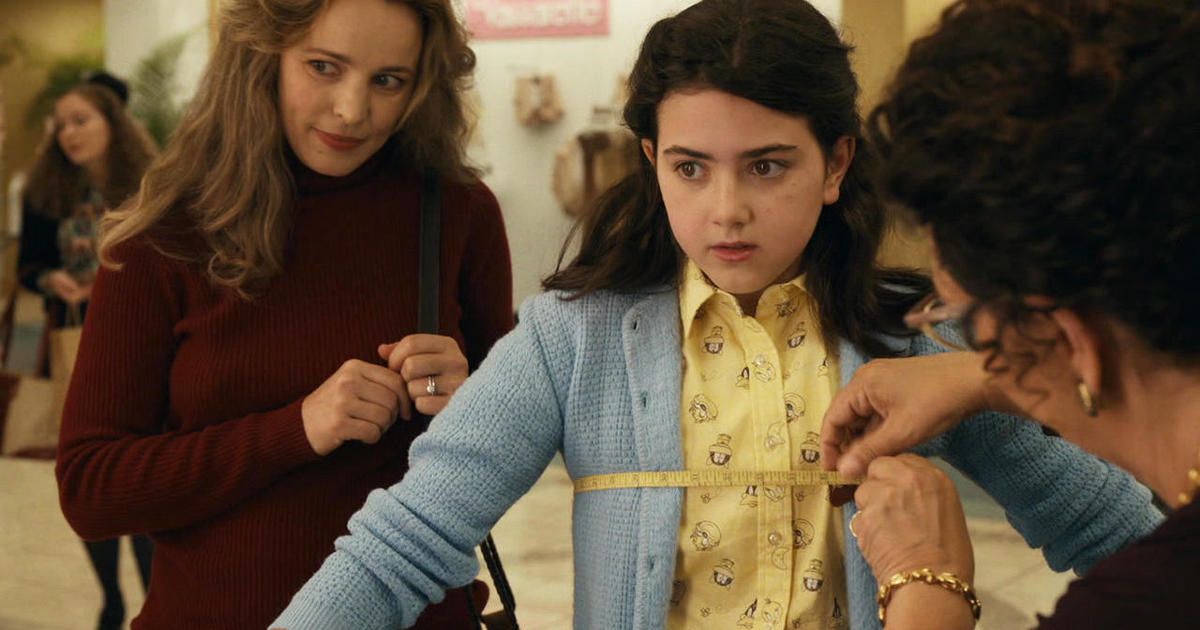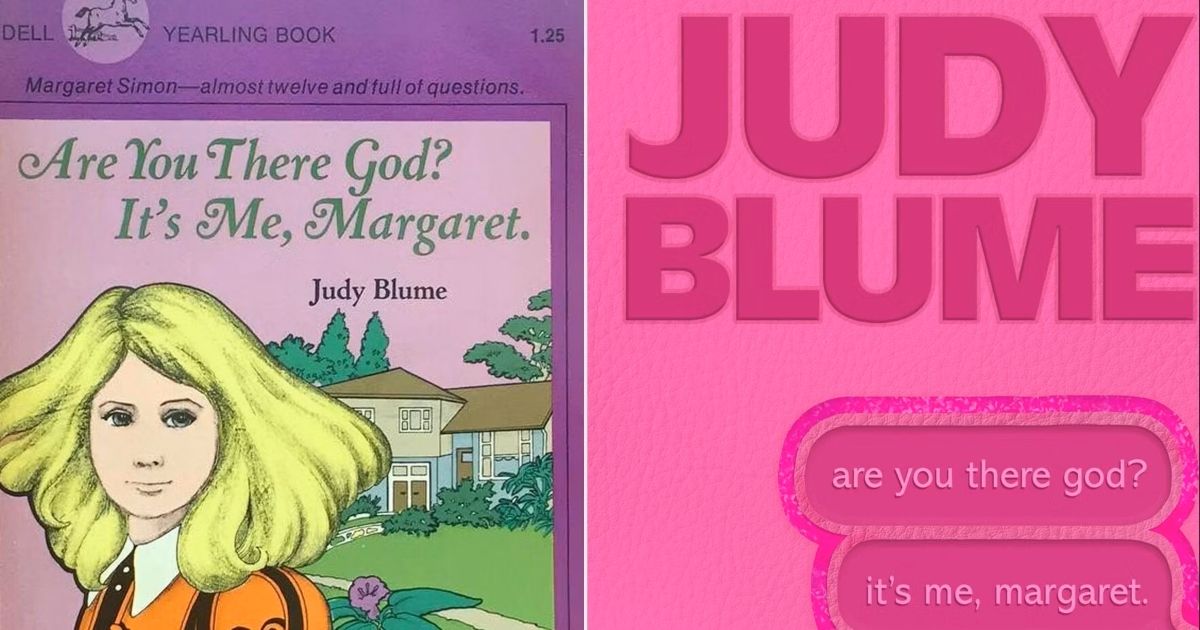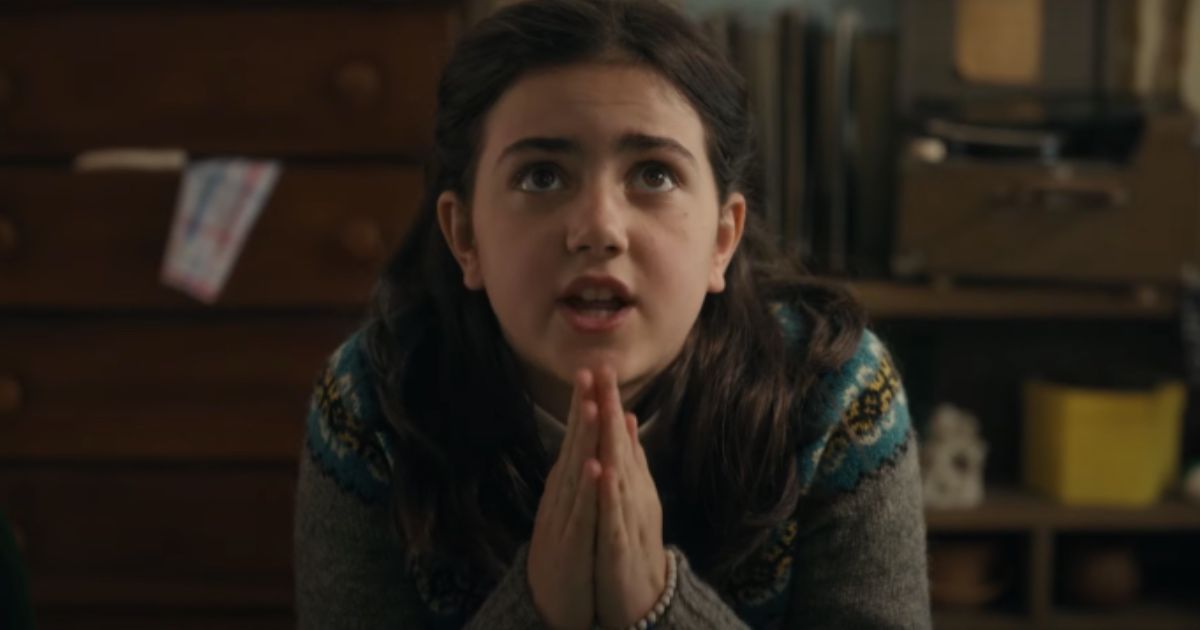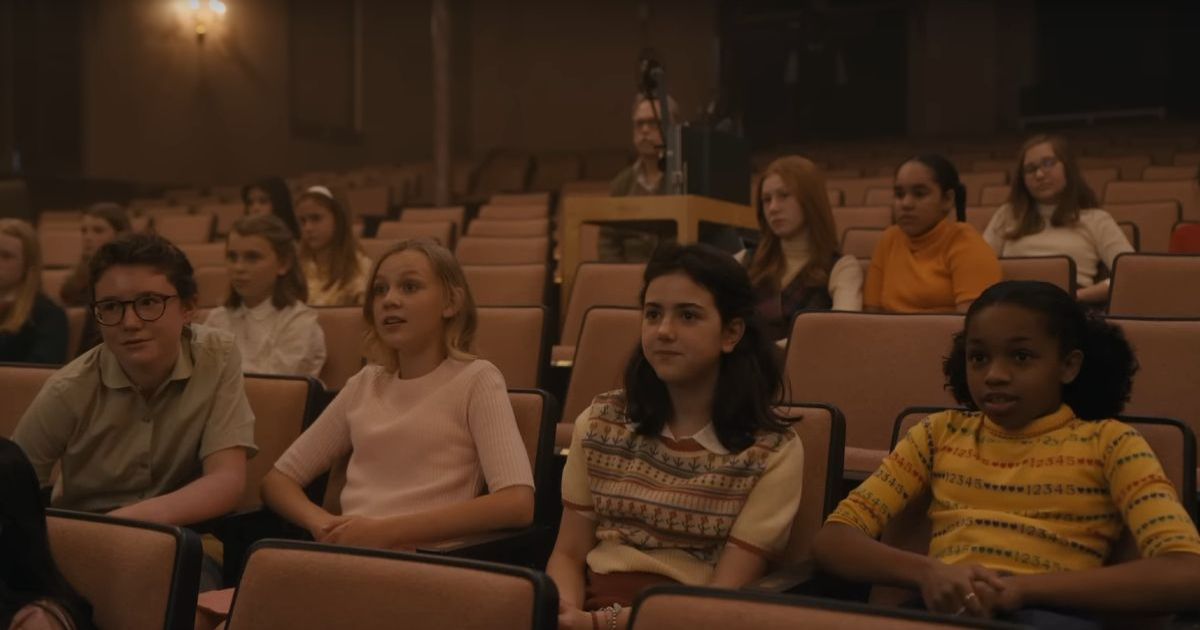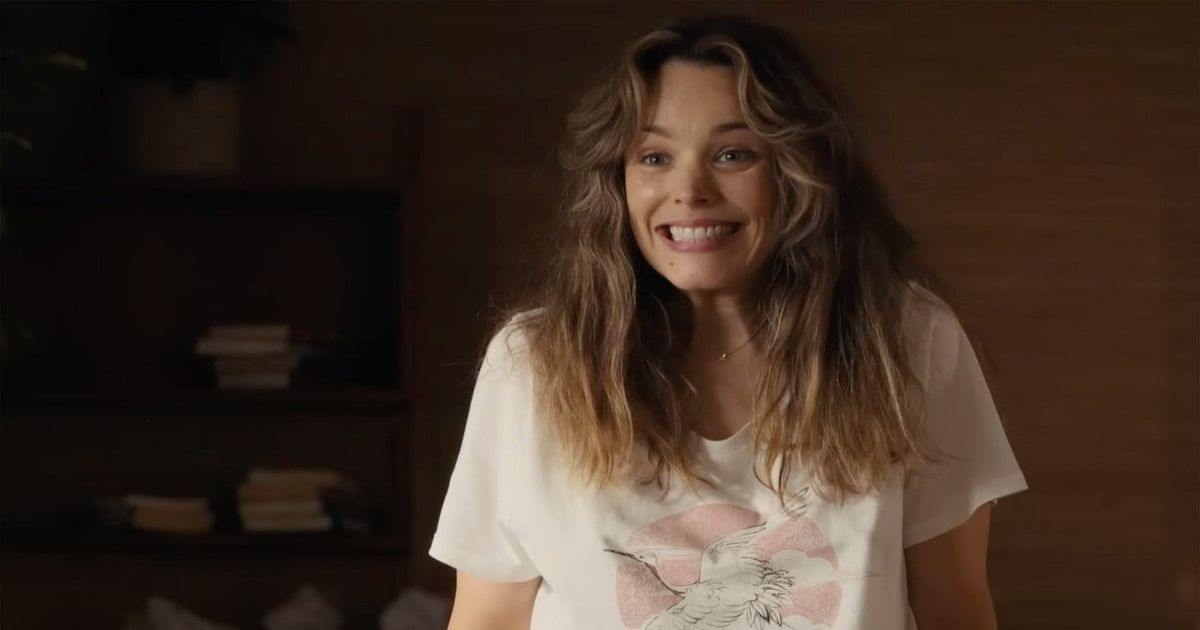Are You There God? It’s Me, Margaret is an iconic novel published in 1970 and written by the magnificent Judy Blume was adapted into a movie this year by the great Kelly Fermon Craig. The book is a coming of age story about a young girl who is trying to figure out how to fit in as well as traversing the world of being a preteen on the cusp of puberty after her family moves from New York City to the suburbs of New Jersey.
These themes are not unfamiliar to Craig who also directed the fantastic Edge of Seventeen in 2016, which was also a coming-of-age story set in the modern-day, starring Hailee Steinfeld, who is navigating high school, friendships, and boys. Are You There God? It’s Me, Margaret currently sits at a 99% approval from critics and a 95% approval from audiences, meaning that basically everyone who saw it loved it. It is not an easy task for a movie to please both critics and general audiences alike, but this movie manages to pull it off. These are the ten reasons why this movie might be resonating with everyone, no matter who you are.
About Trying to Fit in
There is nothing scarier than still being in school and moving to a new town. Margaret unfortunately has to learn this fact when her father, played by the great Benny Safdie, gets a new job in New Jersey. Originally living in the hustling and bustling New York City, Margaret’s family now has to figure out how to navigate quiet suburban living. Luckily, Margaret meets her exuberant neighbor Nancy, played brilliantly by Elle Graham, who invites Margaret over to her house to run through the sprinklers on a hot summer day.
Margaret quickly learns the different personality that we all take on to be considered cool around other cool people, especially at the age of 11. In addition, Margaret’s mother Barbara, played by the sensational Rachel McAdams, tries to fit in with the other mothers of the neighborhood, navigating the struggles of being a stay at home mom for the first time. Formerly a painter, Barbara tries to get very involved with the PTA and ends up being on every committee, planning every event and inevitably gets burned out, showing that at no matter what age, we all just want to belong somewhere.
Female Empowering
This is a female-led film. An overwhelming majority of the cast is played by women of all different ages. The leads of the movie are three generations of women, from Abby Ryder Fortson as Margaret, Rachel McAdams as her mother Barbara, and the ever fabulous Kathy Bates as her grandmother. Each of these strong women go through their own trials and tribulations, and each of them are stronger for it. Kelly Fermon Craig does a fantastic job at using both Sylvia and Barbara as conduits for the themes that she is examining in this movie.
One of the themes Craig is examining is that of female puberty, specifically when a girl first gets her period. This movie does not shy away from having this conversation, which may make some uncomfortable, but that is the point. Craig is normalizing the female reproductive system and how it works, which is especially important in today’s world where reproductive rights are threatened every day.
Absolutely Hilarious
A very funny film with incredible comedic timing. Kathy Bates, as Sylvia, is at her best as the wisecracking and brutally honest Jewish grandmother of Margaret. She always says what is on her mind, which causes both narrative tension and great light-hearted humor. Her son and Margaret’s father, Herb, played by Benny Safdie in a very playful role, brings a lot of levity to the movie due to his impossible kindness and understanding as well as his incessant dad jokes.
Like a lot of artists, McAdams is charmingly awkward and scatterbrained in a way that is endearing and is a character that is ripe for comedy. When she joins every PTA committee, she is very quickly overwhelmed but continues to say yes to everything in an effort to impress all the other mothers in town.
While at the same time, Margaret is dealing with having a real crush and noticing boys for the first time in her life at the age of 11, which at that age is the most intense feeling anyone has ever had. Craig is also having fun with the insane stories that we hear as kids to speed up the process of puberty or how to kiss by having Margaret and her friends chanting “We must increase our bust!” while thrusting their arms to increase their chest sizes. This moment, of course, comes from the novel however, Craig visualizes it in a way that is played for comedy but is not making fun of them.
Wonderfully Shot
Cinematographer Tim Ives, mostly known for being the main cinematographer for HBO’s Girls and Stranger Things, shot this movie and shot it beautifully. Mostly shot handheld, showing the chaotic nature of growing up and the strong fear of the unknown. It also reflects Barbara being overwhelmed by all the tasks she has taken on in the PTA, as well as her complicated relationship to her parents and her dealing with the constant mood swings of a young girl going through puberty.
The shaking of the camera also gives the audience a sense of unease and tension throughout the film, which represents the constant fear of being an 11-year-old traversing an unfamiliar world, both internally and externally.
Wholesome
Though this movie does deal with a subject that can feel a bit more adult, it can be for the whole family. Families should watch this movie with their children because, just like Judy Blume’s novel, finds a way to discuss this subject without being too graphic and being sensitive about it. There is a scene in which Margaret and her friend Janie (Amari Alexis Price) go to buy tampons from the local drug store and in an effort to hide their embarrassment Margaret also buys a pack of breath mints.
This is a very funny way to handle the uncomfortable feeling of buying tampons for the first time as young women but is done delicately. A mid-budget coming-of-age comedy that has writing and cinematography that is very sympathetic to all of its characters in spite of their faults and lets the audience know exactly what everyone’s motivations are.
About the Struggles of Puberty
The weirdest time in everyone’s life that we are all thankful to no longer be in the middle of. Everything is changing, and immensely so. Not only is your body changing and actively fighting you in every way possible, you also become emotionally aware for the first time. Experiencing new emotions and having no language for the emotions that you are feeling can be tremendously frustrating and makes one want to lash out at those around you. Furthermore, not only does one become more aware of their own emotions, but of others as well.
This is the time in which a person starts to develop sympathy and compassion for others, and is demonstrated beautifully when Margaret asks Barbara why she has never met her mother’s parents. Margaret tells her that her parents are very Christian and did not approve of their daughter marrying a Jewish man, so they cut her out of their life entirely. Fortson plays this incredibly empathetic moment brilliantly, suddenly seeing her mother as a person for the first time as McAdams tearfully delivers this story.
Still Relevant
Though it is set in 1970 it feels just as relevant today as the book did when Blume published it over 50 years ago. At a time when women’s rights and bodily autonomy are under threat everyday ever since the Dobbs decision, it is incredibly important to talk about women’s bodies in a way that is supportive and compassionate. It is hard enough to be a woman in this world, especially a young woman who is trying to figure out how she fits in the world.
Ironically, the book was published three years before the Roe V. Wade case and the movie was released a year after the ruling that overturned it. All of these events happening so close together makes one feel that history really is destined to repeat itself. With the source material being this prescient, it begs the question if these are the reasons why Craig decided to adapt it for today.
Inspiring
Margaret and her mother Barbara both deal with the struggle of trying to find out how to fit into an unfamiliar place. Both characters try to change who they are in order to blend in better with their new environment, however, they both eventually come to the realization that changing who you are is much more difficult than just being yourself. Margaret learns that she doesn’t need to constantly try to impress her new friends or hide who she is in order to fit in, and Barbara realizes that she does not want the typical stay-at-home mom life that was typical of a suburban town like this one.
Furthermore, this movie shows that we are never really done figuring out who we are, whether we are on the cusp of puberty or a full-grown adult. This demonstrates to the audience that we all go through our own struggles whether they be internal, external, or both that we will eventually get through. Also, this movie is rooted in the idea that puberty may be scary, it is still an exciting time of change that will be filled with experiences that help shape who we are.
Beautifully Acted
Every single performance in this movie is amazing, and they all know exactly what they are doing. Abby Ryder Fortson is perfectly cast as the titular Margaret, who deftly displays being a young woman at the most awkward stage in any person’s life, trying to navigate all the change that is happening to her. Not only is she in a new town trying to make new friends at a new school, her body is also starting to change in new and unexpected ways.
Kathy Bates is uproarious as Margaret’s grandmother, who gets all the best lines, loves her granddaughter immensely and only wants to be supportive. While Benny Safdie is the interminably kind and funny father of Margaret who just wants his family to be happy. All of Margaret’s diverse group of friends are perfectly cast as well, all expertly playing exactly what being the age of 11 or 12 and how uncomfortable and perplexing everything that is happening at that age is.
Rachel McAdams, Rachel McAdams, Rachel McAdams
Rachel McAdams gives an Oscar-worthy performance in this. She is remarkably subtle in this as the loving mother of Margaret who is not only grappling with her relationship with her super religious parents, her preteen daughter, and adjusting to suburban living. McAdams is an open wound, giving a completely vulnerable performance while still portraying her strength and resilience. She is also representing what it is like to be a woman in the 1970s and what is expected of her now, not only as a suburban mother, but also the pressure from Kathy Bates as the overbearing mother of Benny Safdie who loves her granddaughter more than life itself.
McAdams is exceedingly hysterical as well as the overwhelmed mother who is coming to terms with her daughter who is growing up and is no longer her little girl. This performance is arguably the best of her career, and McAdams deserves all the accolades and praise that she has gotten for this movie.
This story originally appeared on Movieweb


